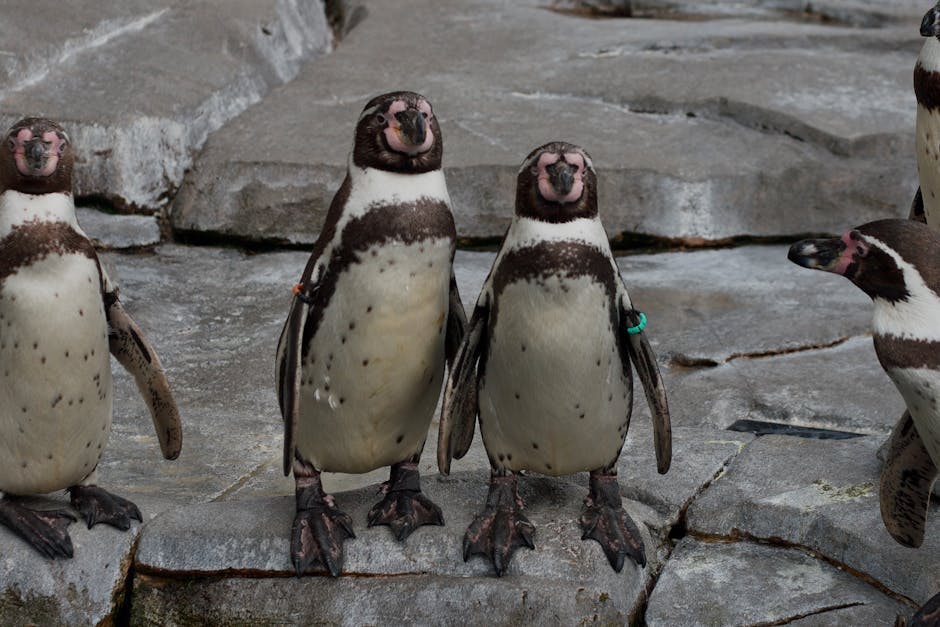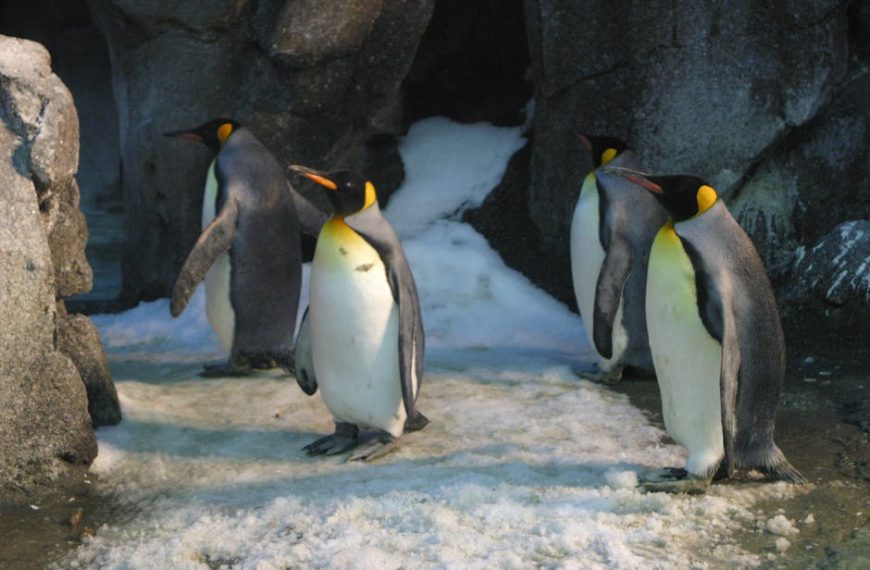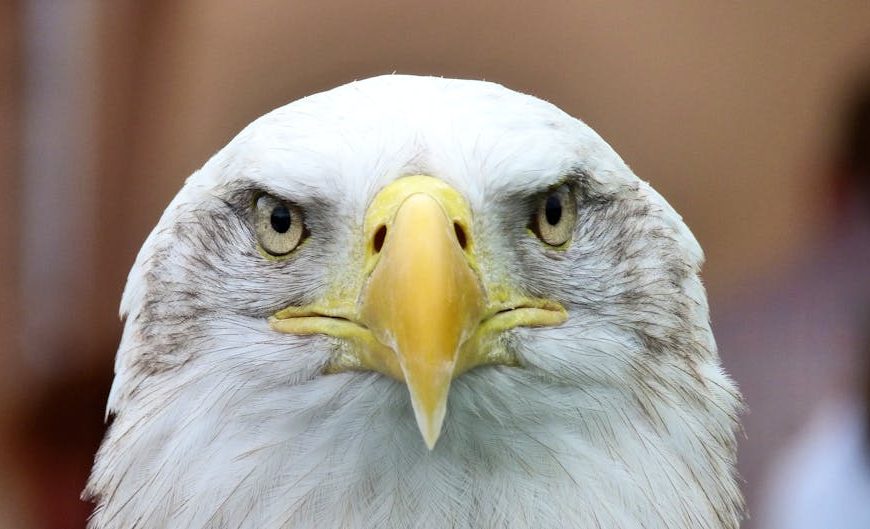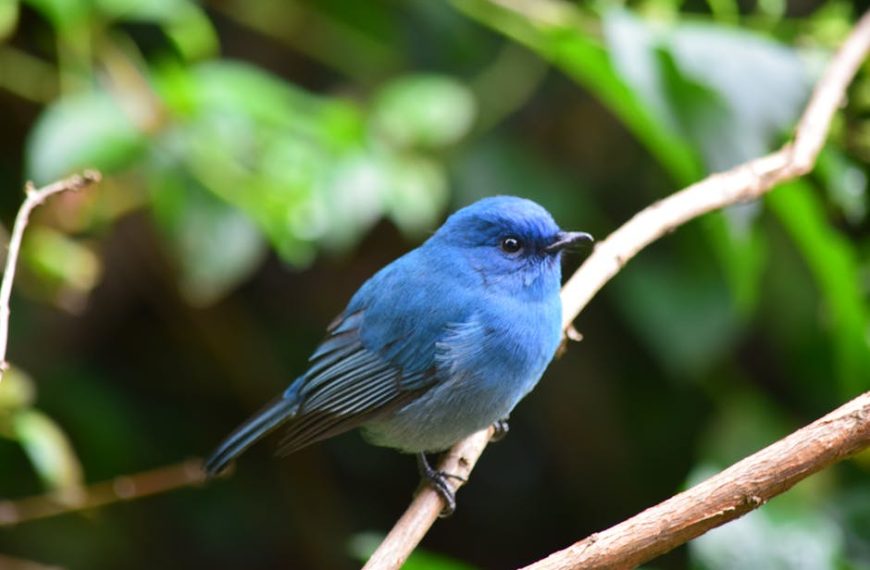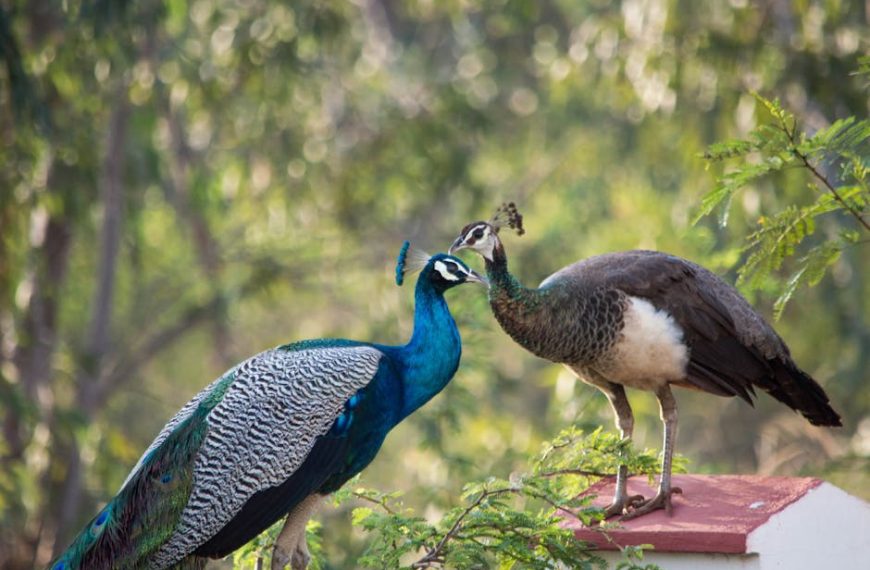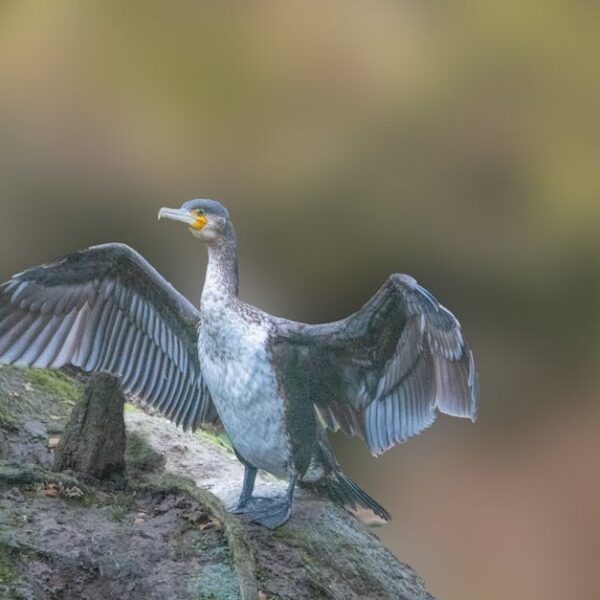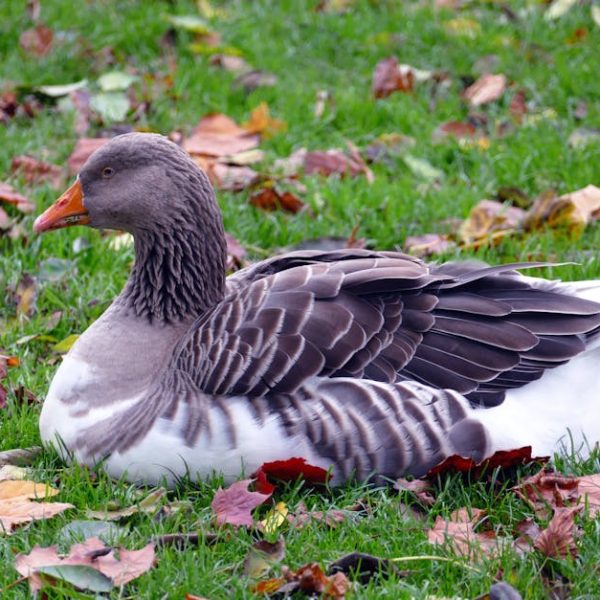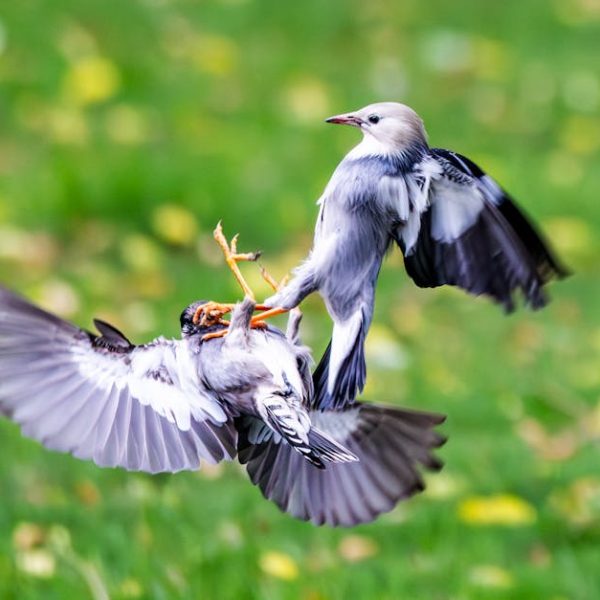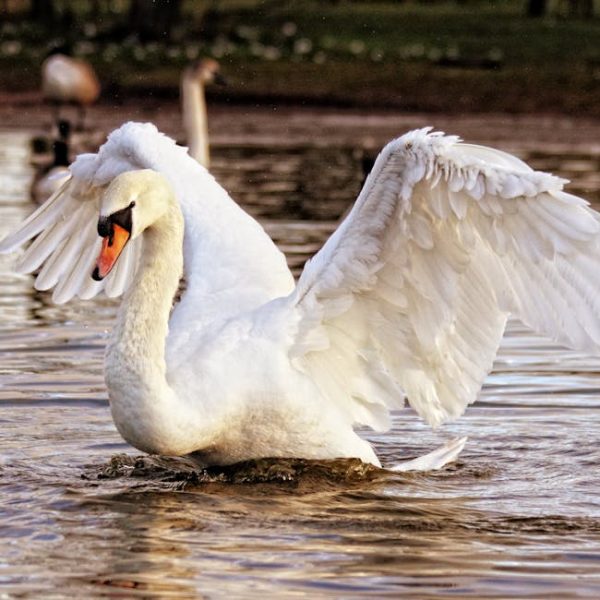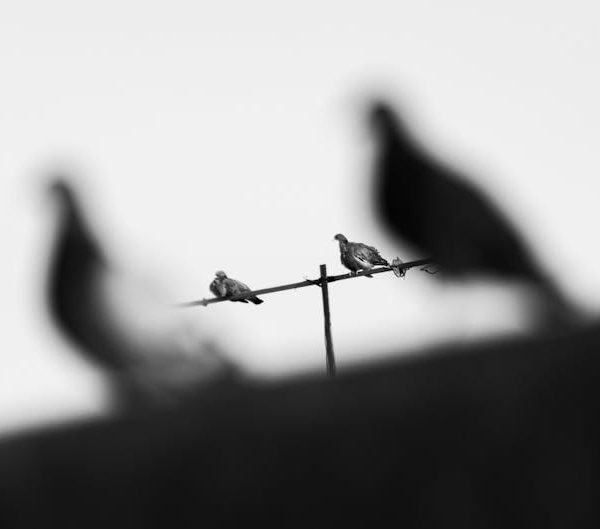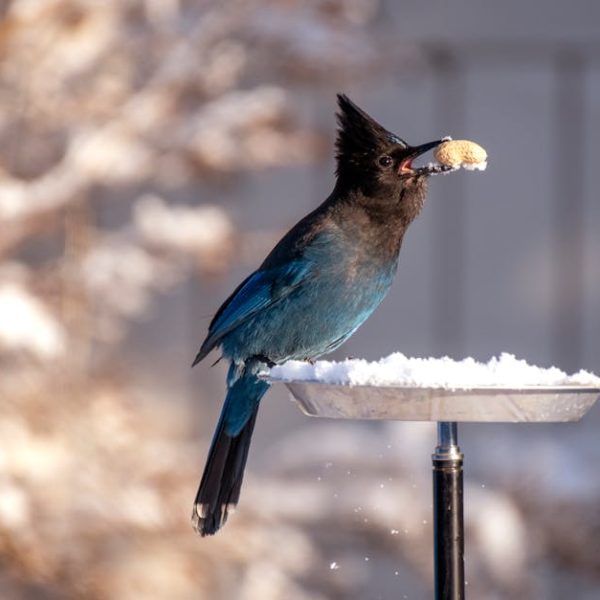Undoubtedly, the intertwining of animal names and human behavior in language is a fascinating subject. The bird realm has not been spared either, leading to an array of terms from avian origins that now double up as derogatory expressions. It’s a linguistic phenomenon spanning multiple cultures and languages, reflecting not just our perception of animal species, but also significant aspects of human behavior and societal norms.
Understanding Bird Names as Insults
When bird names take the flight from ornithological lexicon to the domain of slang and insults, nuances of human language and its associative capabilities come to the forefront. From the humble crow to the majestic eagle, various avian species have found their names being used to express contempt, scorn or mockery.
The reasons for such metamorphosis are deeply rooted in cultural references, folklore, and symbolic associations attributed to different birds. Birdwatchers and language enthusiasts alike, would find it intriguing to discover the fascinating trajectories such names have taken over the ages.
A Brief History
Diving deep into historical texts reveal how the association of bird names with derogatory implications is not a new phenomenon. For instance, ancient Greek and Roman texts bear traces of bird names being utilized for casting insults or devaluation.
Through centuries, these usages have evolved and permeated different languages and cultures. The understanding and eventual usage of such terms significantly reflect particular cultures’ perception and symbolic association with various bird species.
Common Examples of Bird Names Used in Insulting Manner
English language especially is rife with instances of bird names being exploited for derogatory implications. Here are few common examples:
- Birdbrain: A term used to denote stupidity, deriving from the incorrect notion that birds have small brains incapable of complex thought.
- Vulture: Used to portray someone as greedy or opportunistic, stemming from the bird species’ reputation as scavengers.
- Chicken: This term is often derogatorily used to describe a cowardly person, greatly misrepresenting the nature of the bird that is known for its protective instincts.
List & Descriptions
Extending beyond these examples, many other bird names have been drifted into the realm of insults. Some of these include: dodo, cuckoo, turkey, and so on, each carrying a distinct, predominantly negative connotation that often misrepresents the actual characteristics or behaviors of these bird species.
Societal and Cultural Impact of These Terminologies
Language is a mirror of society, reflecting its cultural norms, power dynamics, and biases. The usage of bird names as insults is no exception to this. In using bird names as derogatory terms, we not only demonstrate our biases but also subtly impact our perception of these avian species.
On a larger scale, these usages may also indirectly encourage disrespectful attitudes towards nature and its inhabitants.
Analysis & Comparisons
How such terminologies affect societies can vary from one culture to another. For instance, in cultures where certain birds are venerated, using their names as insults might be seen as highly offensive, while in others, it might just be another part of colloquial language.
| Culture | Example Bird-related Term | Perception |
|---|---|---|
| Western | Chicken | Often associated with cowardice |
| Indian | Owl | Symbolizes foolishness, yet venerated in certain regions |
Breaking Down Stereotypes: Positive Attributes of These Bird Species
A helpful reminder can be that stereotypes about animals, including birds, often overlook their numerous positive attributes.
For instance, while vultures might be associated with greediness due to their scavenging behaviors, their role in the ecosystem as efficient waste managers is pivotal. Similarly, chickens might have the reputation of cowardice, but they are proven to exhibit complex social behavior and protective instincts in their natural behavior.
Misconceptions & Facts
To unwind insults from bird names, it’s time we focus more on their real attributes. Here’s breaking a few misconceptions:
- Vultures: Rather than being mere scavengers, vultures play a crucial role in preventing diseases by disposing of rotten carcasses.
- Chickens: Contrary to popular belief, chickens are excellent mothers, exhibiting fierce protective instincts for their chicks.
Changing Perspective: The Shift from Insult to Appreciation
Using derogatory phrases or insults based on bird names undermines our appreciation for these species’ unique characteristics and ecological value. Language has the power to shape perceptions, and a communal redefinition of such terms can pave the way for a healthier relationship with nature.
Pro Tips & Best Practices
To negate the negative connotations associated with bird names and encourage appreciation of avian species, here are some pro tips:
Strive for more accurate and respectful language when talking about animals.
Educate yourself and others about the true attributes and contributions of these bird species.
Practice and promote positive language about birds and nature.
A checklist for change:
- Understand the true characteristics and ecological roles of bird species.
- Stop using bird names as derogatory terms.
- Foster and propagate respect and appreciation for all species.
Firing insults might be easy, but choosing not to disrespect a creature in the course, speaks volumes about who we are as a society. And there’s always room for change, for better.
Key Takeaway:
- Bird names have been historically turned into derogatory terms, reflecting societal norms, human behavior, and perceptions about certain avian species.
- Examples in English languages include terms like birdbrain, vulture, and chicken which are used to express negative traits.
- This use negatively impacts societal and cultural perceptions of these bird species.
- The actual characteristics and ecological roles of these bird species are often overlooked when their names are used with derogatory connotations.
- A shift in perspective is needed to better appreciate the unique attributes of avian species and build a healthier relationship with nature.
Small efforts to educate ourselves and others about the true characteristics of these bird species and to use respectful language could significantly change how we relate to nature. It’s not just about words, but about cultivating respect and appreciation for the natural world we are a part of. Let’s strive to be a society that values all creatures for their unique roles and attributes.
FAQs
Q: Why are bird names often used as insults?
A: Bird names have often been turned into derogatory terms due to cultural references, folklore, and symbolic associations attributed to different birds by different societies.
Q: How does the use of bird names as insults impact societal perception about these species?
A: When bird names are used derogatorily, it perpetuates negative stereotypes about these species, often overlooking their positive attributes and ecological roles.
Q: What are some common bird names used as insults and their meanings?
A: Terms like birdbrain, vulture, and chicken are commonly used insults derived from bird names. They are generally used to denote stupidity, greediness, and cowardice respectively.
Q: How can we foster a healthier relationship with nature?
A: Shifting our perspective to appreciate the unique attributes of different animal species and promoting the use of respectful language can help us nurture a healthier relationship with nature.
Q: Where can I learn more about the true attributes of different bird species?
A: Many resources online and in print provide information about different bird species. Websites and books dedicated to ornithology and animal ecology are good starting points for learning more.
We encourage you to share this article with others and explore more posts on our website for fascinating insights into the intersection between language and nature.
